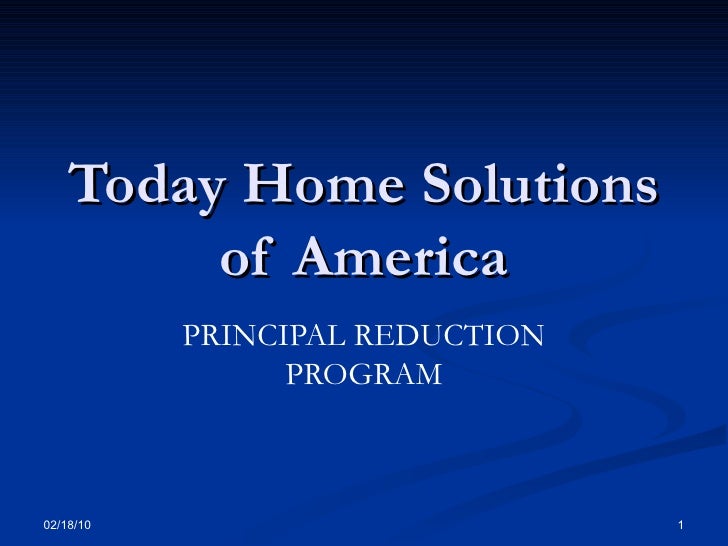5 Key Documents for Mortgage Refinance Tax Filing

The Essential Guide to Mortgage Refinance Tax Filing

When you decide to refinance your mortgage, you not only potentially lower your monthly payments or change the terms of your loan, but you also need to navigate the tax implications of this significant financial move. Refinancing can lead to deductions, new taxable events, and necessary adjustments to your tax filing. Understanding which documents you need can simplify the process, ensuring you benefit from all the deductions you're entitled to. Here's a detailed look at the five key documents required for mortgage refinance tax filing.
1. The Original Mortgage Statement

Your journey starts with your original mortgage statement. This document contains essential details:
- The initial loan amount
- Interest rates
- Remaining balance
These details are crucial for determining:
- The remaining deductible interest
- Any points paid in the original mortgage
- How much you've already paid towards principal
If you're unclear on where to find this, your lender or your personal financial records should have a copy.
2. The Refinance Closing Statement

When you refinance, the closing statement or the Closing Disclosure outlines every detail related to the refinancing transaction. It includes:
- Loan costs
- Points
- Fees for services
- Prepaid interest
- Escrow payments
This document is key because:
- It indicates how much of the new loan is used to pay off the existing mortgage.
- It helps calculate the deductible points for that year.
- It shows if part of the loan went towards home improvements, which can also be deducted.
📌 Note: Ensure you distinguish between points paid for the original mortgage and those for refinancing, as their tax treatment can differ.
3. Form 1098 - Mortgage Interest Statement

Your lender will send you Form 1098, detailing:
- The interest paid
- Private mortgage insurance (PMI)
- Points paid during the refinancing year
You use this form to:
- Report mortgage interest deductions
- Calculate any remaining deductible points
- Track changes in mortgage payments due to PMI
4. Notice of Points Paid

If you paid points when refinancing, you might receive this document. Points are essentially prepaid interest, and they are:
- Deductible over the life of the loan, or
- Fully deductible in the year paid if certain conditions are met:
- The points are calculated as a percentage of the amount borrowed.
- It's customary in your area for lenders to charge points for refinancing.
- You use the loan to buy or significantly improve the home.
- You pay points in the tax year of closing.
- You meet the tax home criteria.
- The points are not for refinancing your primary mortgage (though exceptions apply).
If not received from your lender, you need to keep track of these points yourself or verify them with your mortgage documents.
5. Records of Home Improvement Expenses

If you used part of your refinance loan to make improvements on your home:
- Keep all receipts and invoices related to home improvements.
- These improvements can increase your home's basis, potentially reducing the gain when you sell.
💡 Note: Keep these records, as they can help offset your capital gains tax upon selling your home, especially if you've made substantial improvements.
Throughout this process, the interplay of these documents can significantly affect your tax filing:
- Original mortgage statements provide a baseline for changes.
- The refinance closing statement details the new terms.
- Form 1098 reports your annual interest payments.
- Notices of points paid detail deductions you can claim.
- Home improvement records influence your home's cost basis and potential tax savings on future sales.
By understanding and gathering these documents, you can file your taxes with confidence, ensuring you leverage all the benefits available through mortgage refinancing. This knowledge not only simplifies tax filing but also empowers you to make informed financial decisions. Remember, these documents are not only about navigating tax season but also about strategic financial planning for your future.
Do I need to keep the original mortgage statement if I’ve refinanced?

+
Yes, keeping the original mortgage statement is beneficial for tax purposes as it helps to track changes in interest and principal payments over time. It’s also useful for understanding how much interest and points have been deducted previously.
Can I claim all the points paid on my refinancing in one year?

+
No, typically points paid on refinancing need to be spread out over the life of the loan, unless certain conditions are met that allow for immediate deduction.
What if I used part of my refinance to pay off credit card debt?

+
This portion of the loan does not qualify for tax deductions related to home mortgage interest. Only the part used for buying, building, or improving your home can be deducted.
Do I need to report mortgage insurance premiums on my taxes?

+
If you paid mortgage insurance premiums (MIP) or private mortgage insurance (PMI) in the year you refinanced, these might be deductible as an itemized deduction, subject to income limitations.
How do home improvements affect my tax filing?

+
Home improvements can increase the cost basis of your home, reducing capital gains tax when you sell. Keep detailed records of these improvements to leverage this tax benefit.



